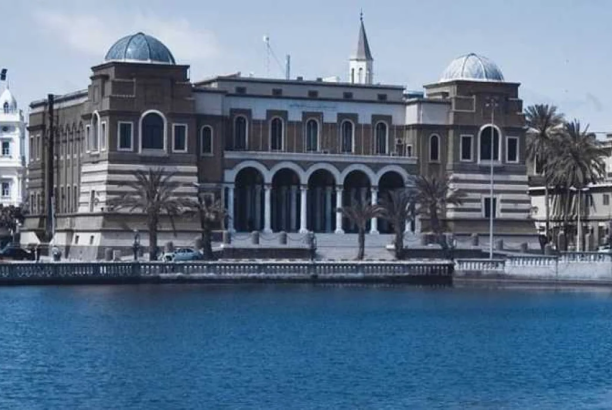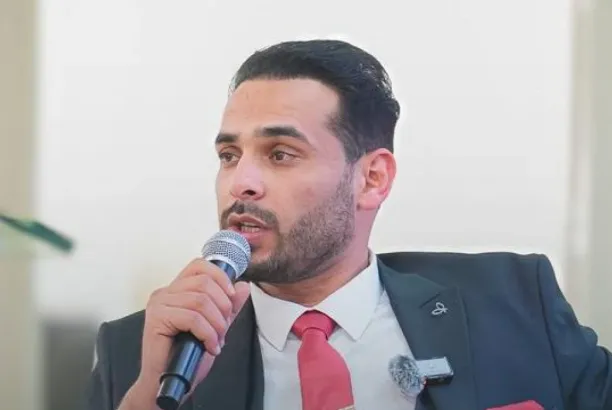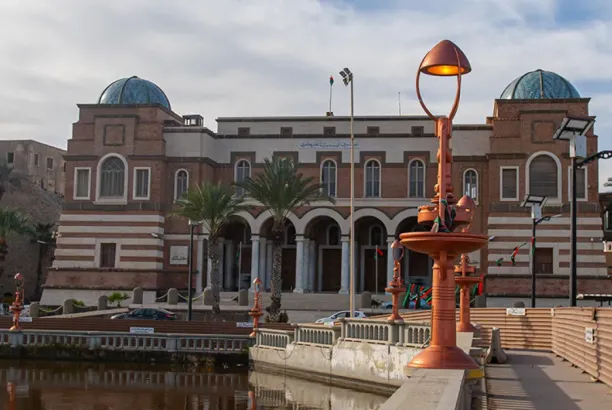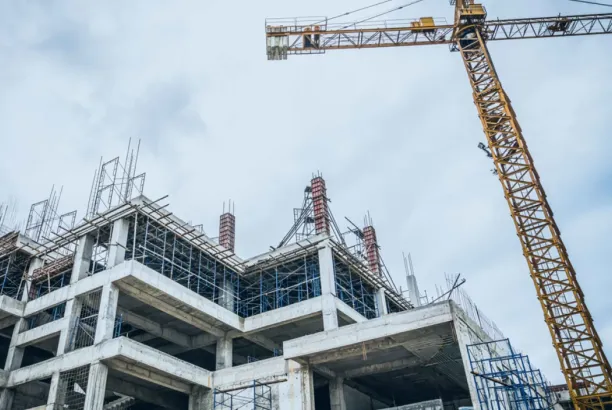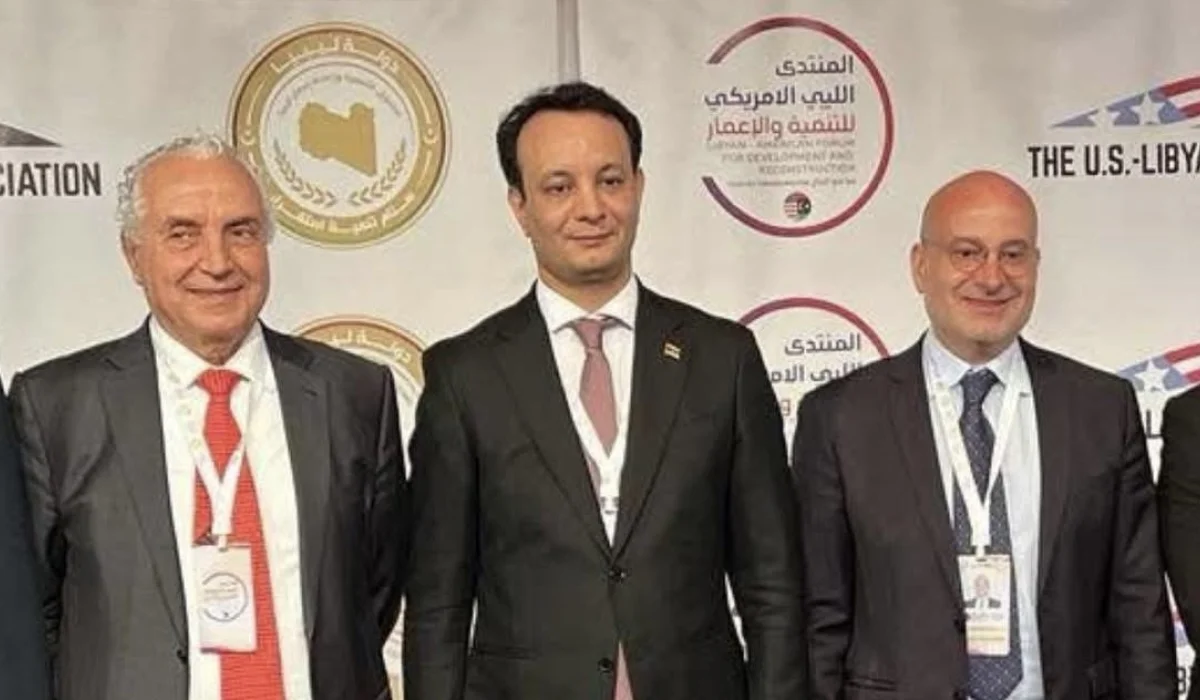
| News
During his participation in the Libya–U.S. Forum: Hosni Bey Calls for an Alternative Development Model to Save the Libyan Economy from the Traditional Approach
Libyan businessman Hosni Bey participated in the inaugural Libya–U.S. Business and Development Forum held in Washington, D.C., organized by the Libya Reconstruction Organization in partnership with the Libyan American Business Association.
During the event, Bey presented a comprehensive vision to reshape Libya’s economic model, stressing the importance of moving away from the traditional model based on government spending funded through public funds and companies. According to him, this model reinforces a false belief that “government money never runs out,” a notion that threatens the collapse of the national currency.
Bey pointed out that printing money to cover deficits has caused the Libyan dinar’s value to deteriorate since the 1980s. The exchange rate of the U.S. dollar rose from around 330 dirhams in 1982 to over 6,400 dinars today in the parallel market, warning that the decline will worsen if new economic models based on sustainable development are not adopted.
In this context, Bey proposed implementing a model similar to that of the late Lebanese Prime Minister Rafik Hariri in reconstructing downtown Beirut. He suggested establishing a Special Purpose Vehicle (SPV) company to develop downtown Benghazi, with contributions from the Reconstruction Fund and local landowners. He estimated that this company could hold real estate assets worth approximately 280 billion Libyan dinars and accommodate construction projects covering up to 200 million square meters, with a potential market value exceeding one trillion Libyan dinars, in addition to building public infrastructure such as roads, parks, and squares spanning over 60 million square meters.
He also expressed hope that this initiative would lead to a qualitative transformation of the Libyan economy, create new job opportunities, and increase GDP. Bey emphasized that private investment—both local and foreign—should be the cornerstone of future development, while the government should focus on providing a supportive environment that includes education, healthcare, security, and governance.


